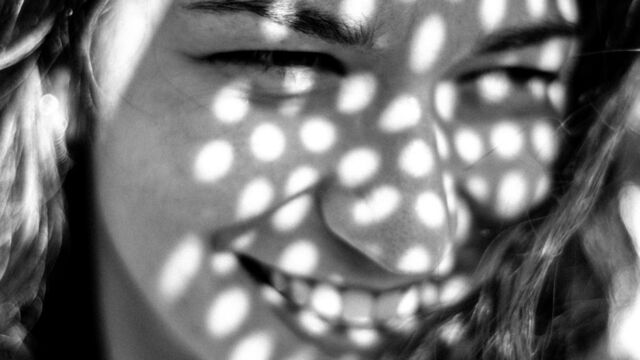Acne: These algae could be the cure to acne

While looking for a cancer treatment, researchers have discovered a microalgae with miraculous anti-acne properties.
Researchers were initially looking to beat cancer, but they have discovered the secret ingredient to getting rid of acne. Ifremer researchers have found a new natural and effective solution for pimples in a microalgae.
Discover our latest podcast
The solution to acne
According to Le Parisian, scientists from the French Research Institute for Exploitation of the Sea (Ifremer), based in the heights of Brest, have just patented their discovery: a microalgae, called 'Skeletonema Marinoi,' which would eradicate acne.
More under this adMore under this adJean-Baptiste Bérard, from the algae physiology and biotechnology laboratory and co-author of the patent, explained:
The solution from this microalgae is simply dried and integrated into a cream or gel. It is then simply applied to the face and exposed to natural or artificial light to activate its effects: the elimination of the bacteria responsible for acne and the limitation of sebum secretion. This is the first time that a product of this type has been developed.
The researchers made this discovery during a cancer research campaign between 2008 and 2012. At the time, they were looking at these algae for their potential anti-cancer properties. And while they made not have come up with a cure to cancer, they found a way to beat acne. Finally, a natural and perhaps less corrosive solution is at our disposal.
More under this adMore under this adThe researchers added:
We now want to bring this project to fruition, as many cosmetics and dermocosmetics companies are already interested in developing and marketing non-prescription products for the general public.
What is acne?
It is important to understand that acne is a skin disease. There is nothing 'disgusting' about having it. Very often these acne lesions (comedones, papules, pustules, even nodules and cysts) are found in adolescents. About 80% of young people between the ages of 12 and 20 are affected, but it can also persist over time.
More under this adMore under this adIt is essential to take acne seriously and to consult a doctor who will know what treatment to use. While acne can have serious psychosocial consequences, it is important to remember that the appearance of your skin does not define you.